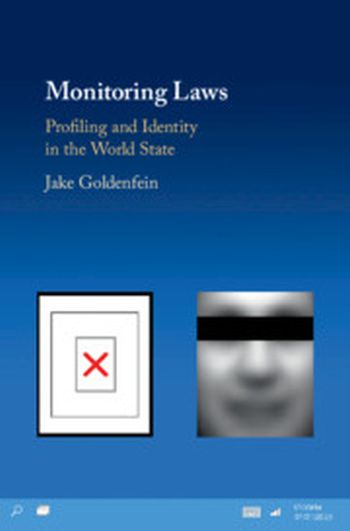
Our world, and the objects and people within it, are increasingly interpreted and classified by automated systems. At the same time, those automated systems and their classifications influence what happens in the physical world. In this cyber-physical world or 'world state', people are asking what law's role should be in regulating these systems. In Monitoring Laws, Jake Goldenfein traces the history of government profiling, from the invention of photography to create criminal registers, through the emerging deployments of computer vision for personality, emotion, and behavioral analysis. He asks what elements and applications of profiling have provoked legal intervention in the past, and demonstrates exactly what is different about contemporary profiling that requires a new legal treatments.
This work should be read by anyone interested in how computation is changing society and governance, and what the law can do to better protect us from these changes now.